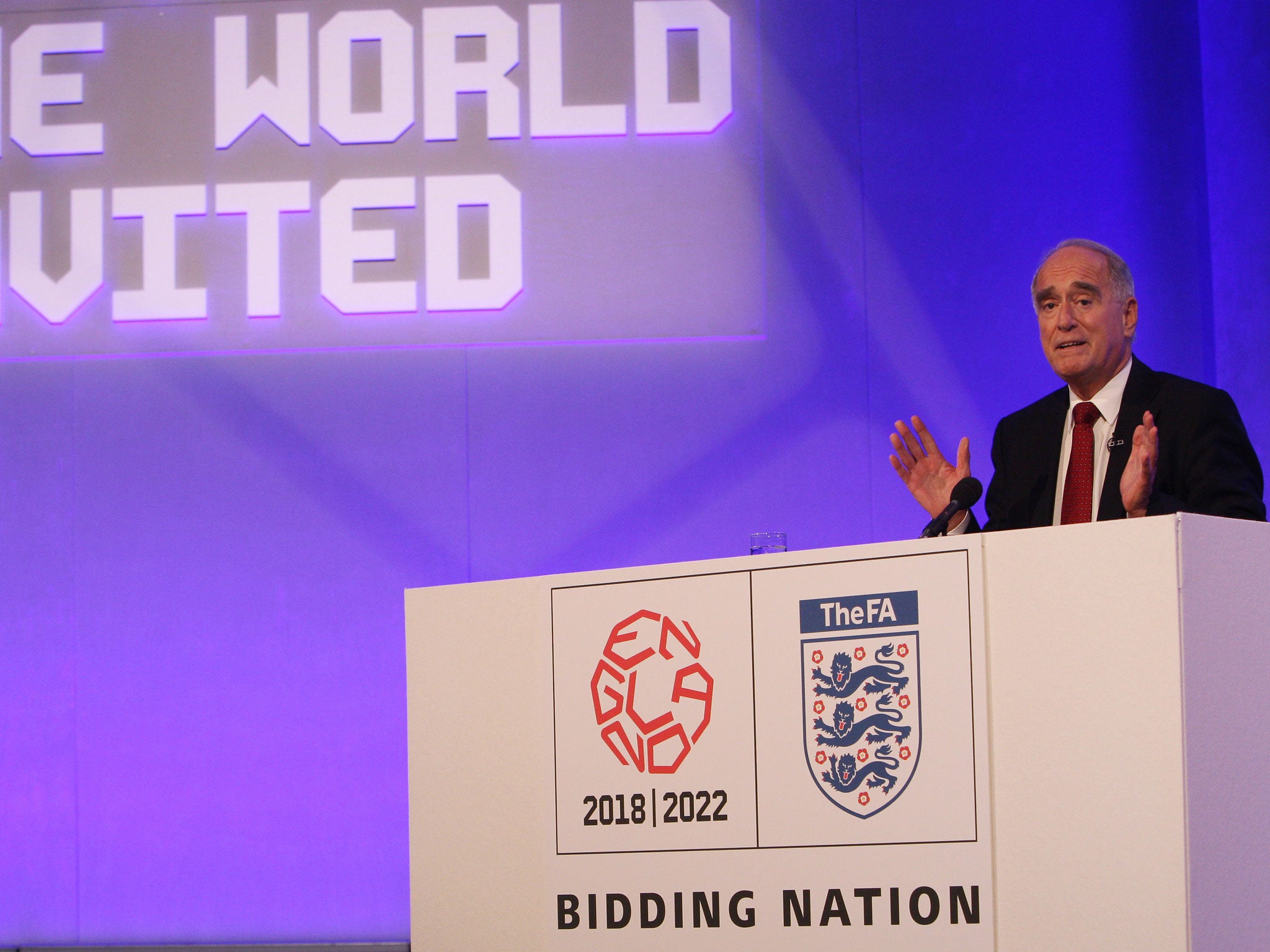Promoted clubs' land of milk and honey will go sour

Your support helps us to tell the story
From reproductive rights to climate change to Big Tech, The Independent is on the ground when the story is developing. Whether it's investigating the financials of Elon Musk's pro-Trump PAC or producing our latest documentary, 'The A Word', which shines a light on the American women fighting for reproductive rights, we know how important it is to parse out the facts from the messaging.
At such a critical moment in US history, we need reporters on the ground. Your donation allows us to keep sending journalists to speak to both sides of the story.
The Independent is trusted by Americans across the entire political spectrum. And unlike many other quality news outlets, we choose not to lock Americans out of our reporting and analysis with paywalls. We believe quality journalism should be available to everyone, paid for by those who can afford it.
Your support makes all the difference.Brian Mawhinney served as a Conservative minister in Northern Ireland for six years, during which time some 500 people on both sides of the great divide were killed. As he was leaving a Londonderry college after an official visit, a bomb was found a few yards further down the path on which he was walking; the IRA announced later that they decided not to assassinate him in case innocent bystanders were injured.
That was life in the real world. So when it came to dealing with football people such as Ken Bates, Sir Dave Richards and others, the man who now sits in the House of Lords as Baron Mawhinney of Peterborough tended not to be as cowed as some might be by what he has called "juvenile politicking".
Bates was among those who seemed to resent a politician becoming chairman of the Football League – Mawhinney's position from 2003-10 – telling him in response to a sympathetic aside at the 2006 Championship play-off final: "You know nothing about fucking football."
Yet in joining the League as an outsider, inheriting what was "economically a bit of a basket case after the ITV Digital collapse", Mawhinney was able to bring a fresh eye to the clubs' financial problems. In a new book*, he can afford to be less diplomatic. Ahead of another play-off final, with Crystal Palace and Watford seeking a return to the land of milk and money, he concludes football's business model is unsustainable, and that it will take the liquidation of at least one club before the sport appreciates the fact.
Yet sitting in the Lords' tea room overlooking the Thames, he says with pride: "At my first press conference I was asked how many clubs would go to the wall, and the reporters' average was between six and eight. And I didn't lose a club in seven years."
Some came close: Leeds United, which drew him into further conflict with Bates, Portsmouth and Luton Town. All suffered points deductions, a punishment Mawhinney persuaded them to adopt after being horrified that Leicester City simply wiped out debts of £50 million by going into administration; he cannot resist pointing out his successor as League chairman, Greg Clarke, was on the Leicester board at the time.
The points deductions were one of several measures introduced in his tenure that were later taken up by the Premier League. The Football League introduced a "fit and proper persons" test, mandatory maximum ratios between wages and income, and greater transparency over agents' fees. He kept the 72 clubs together when Bolton's Phil Gartside, egged on by Richards, wanted a Premier League II; and claims to have been the first to talk about capping salaries, at a time when "it was fairly lonely – I got precious little support".
From next season the Championship, in a watered- down version of Financial Fair Play, have what might appear strict guidelines about how little their clubs can lose each year (£4m) and receive from benefactor owners (£8m). Those are figures to frighten the likes of Queens Park Rangers, but Mawhinney is sceptical: "If you're running a business that is losing £12m a year, you really ought to be looking for another line of work."
In writing an open letter to all the clubs on resigning in 2010, he proposed several measures that have not been acted on, including a return to sharing gate receipts, scrapping transfer windows "never intended for the Football League" and insisting that if chairmen or owners want to put money into clubs it should be a gift, not a loan that can suddenly be called in. "All you have to do is look at Portsmouth. Loans have the potential in the wrong hands to explode in the face of the club and create huge damage."
He deplores the high level of parachute payments "wrecking the integrity of the competition" in the Championship and warns whichever club win today at Wembley: "As the amounts go up, the problems get worse. But the blinkers are so thick it may take something like a liquidation to finally get people to agree that the present business model is simply not sustainable."
* 'Just A Simple Belfast Boy' by Brian Mawhinney, Biteback Publishing, £25
Join our commenting forum
Join thought-provoking conversations, follow other Independent readers and see their replies
Comments